Before hiring the right plumber for any project, it is essential to have a clear understanding of your plumbing needs. Plumbing needs can be related to Minor repairs that include fixing leaks, unclogging drains, or repairing a toilet. For example, if you notice a dripping faucet or a slow-draining sink. These issues usually fall under minor repairs.
Post your Requirement
Major renovation involves more extensive work such as remodelling a bathroom or kitchen, installing new plumbing fixtures, or replacing old pipes. These projects require a plumber with experience in renovations, as they often involve complex plumbing systems and coordination with other trades. New installations can range from adding a new bathroom to your home to installing a new water heater or sump pump.
1. Making Initial Contact
The initial contact with potential plumbers is a critical step in your hiring process. Before reaching out to any plumber, it’s important to have a list of questions ready. These questions help you gauge the plumber’s experience, expertise, and suitability for your next project.
Key Questions to Ask
-
Experience and Specialization:
- How long have you been in the plumbing business?
- Do you specialize in any specific type of plumbing work?
-
Licensing and Insurance:
- Are you licensed and insured? Can you provide proof of both?
- What type of insurance coverage do you have (e.g. Liability, worker’s compensation)?
-
Past Projects:
- Have you handled projects similar to mine before?
- Can you provide examples or photos of previous work that is similar to my project?
-
Availability and Timeline:
- When would you be able to start my project?
- How long do you estimate the project will take to complete?
-
Cost and Payment:
- Can you provide a detailed, written estimate for the project?
- What is your payment schedule (e.g. upfront deposit, progress payments, final payment upon completion)?
-
Permits and Compliance:
- Will you handle the necessary permits and inspections for the project?
- Are you familiar with local plumbing codes and regulations.
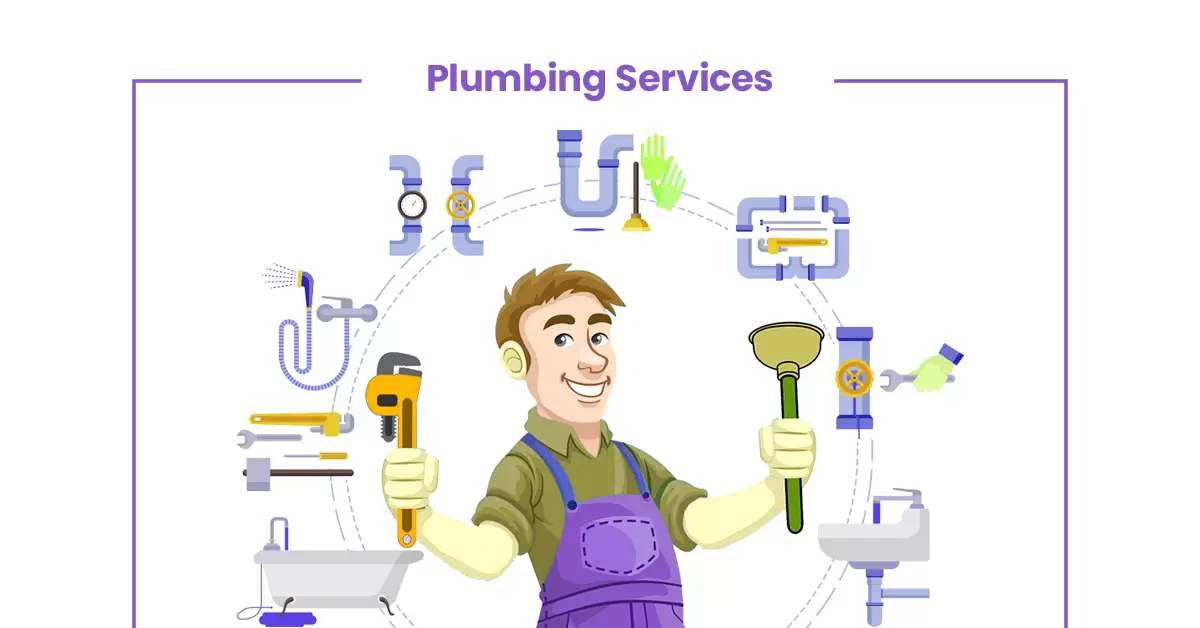
2. Describing your project:
A clear description is key to ensuring that the plumber understands your project requirements. Be prepared to provide detailed information about your plumbing needs.
Details of the Issue or Project:
While providing a clear and concise description of the project, including the specifics such as the location of the issue, symptoms like leaks or noises, and any previous attempts to fix it. For new installations or renovations, provide any relevant plans, diagrams, or blueprints.
-
Access and Constraints:
Inform the plumber about any access issues like tight spaces, multi-story buildings, etc. Mention any constraints or special considerations related to work hours, building restrictions, or any other.
-
Desired Outcome:
Explain what you hope to achieve with the project, Whether it’s a fully functional new bathroom or simply a leak-free kitchen sink, be clear about your desired outcome or expectations.
-
Request References:
Ask the plumber for at least three references from recent clients who had similar projects. Ensure the references are relevant to the type of work you need and ask questions related to their experience with the plumber and whether they were satisfied with the completion of their project.
3. Understanding Cost Breakdown
A detailed understanding of the cost breakdown in each quote is essential for accurate comparison. Look for detailed information on the following components:
Components of a Detailed Quote:
-
Labor Costs:
The hourly rates for the plumber and any assistants they may have with the estimated number of hours required to complete the project are to be mentioned in the quote—also, any additional labor costs, such as overtime or emergency service fees.
-
Materials:
Details of the material required for the project, including the quantities and unit process should be precisely listed in the quotation. Specification of material quality and the brand names if applicable to have an easy background check of the quality being used in the project.
-
Permits and Inspections:
The Costs associated with obtaining necessary permits and scheduling inspections are to be noted. In case, there are any fees related to complying with the local building codes and regulations, they are to be priorly informed as well.
4. Insurance Coverage:
Proper Insurance Coverage is essential for protecting both you and the plumber in case of accidents or damages. There are various types of insurance necessary for insurance coverage in the plumbing industry:
-
Liability Insurance:
This insurance covers any damages to your property that may occur as a result of the plumber’s work. This type of insurance ensures that you are not financially responsible for repairs or replacements due to the plumber’s mistakes or accidents.
-
Worker’s Compensation Insurance:
If the plumber or their employees are injured while working on your property, worker’s compensation insurance covers their medical expenses and lost wages. This protects you from potential lawsuits or claims for injuries.
-
Bonding:
A bonded plumber has purchased a surety bond, which provides a form of protection if the plumber fails to complete the job or meet contractual obligations. It offers financial recourse if the plumber does not deliver on their promises.
When you Hire a plumber for your next project, remember to plan carefully, research thoroughly, and communicate your needs. From understanding your plumbing needs and making initial contact to verifying licenses and insurance, comparing quotes, and reviewing contracts, each step is crucial for a successful project. A well-maintained plumbing system is an investment in the safety, comfort, and value of your home.

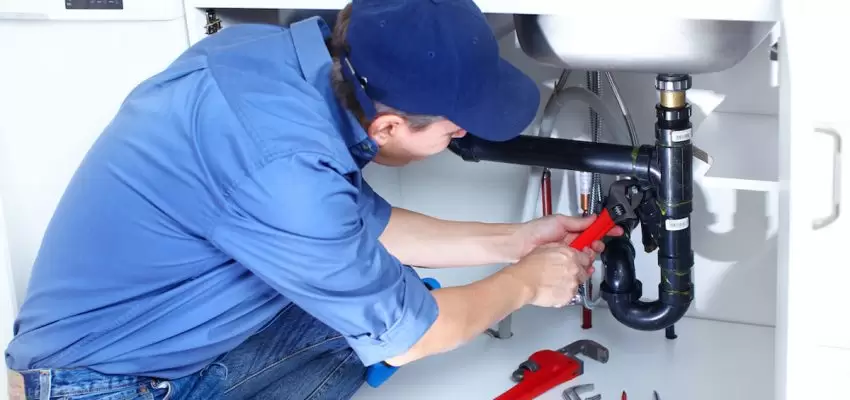
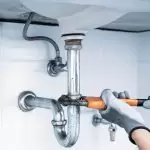
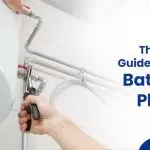
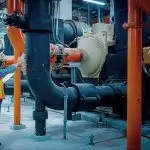
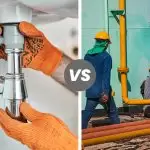

















Post A Comment